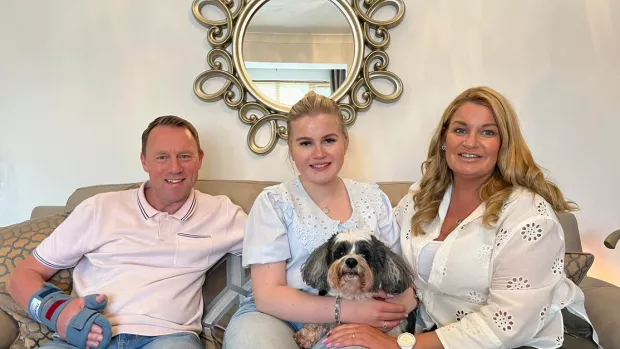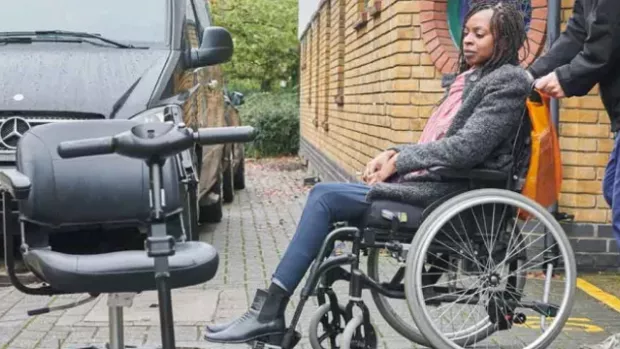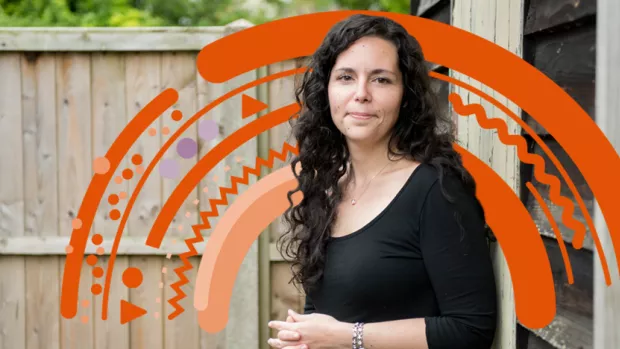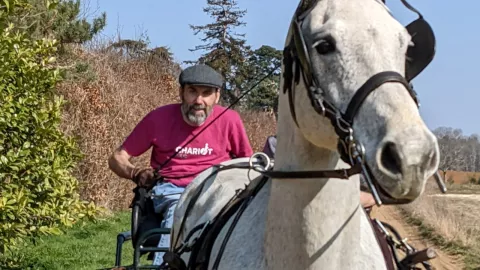
"I don’t want to give up chariot driving" – Tim's ChariotMS story
Tim’s a carriage driver living with MS. He recently joined a world-first clinical trial for people who can’t walk. And he hopes it’ll find a treatment to help him to continue his passion.
Tim lives with secondary progressive MS and his passion for carriage driving began five years ago. It all started when he went to a Riding for the Disabled Association (RDA) open day in July 2015 with his wife.
Tim says "My wife is interested in horses so we went along. They were offering trial rides around in wheelchairs. For a while I drove with RDA and met Mike, a professional carriage master.
We became friends and he offered to take my driving further. Now I drive about once a week."
Tim adds "I love doing it. We live out in the country and I enjoy being outside. Having control and building a relationship with the horse is a great thing to do."
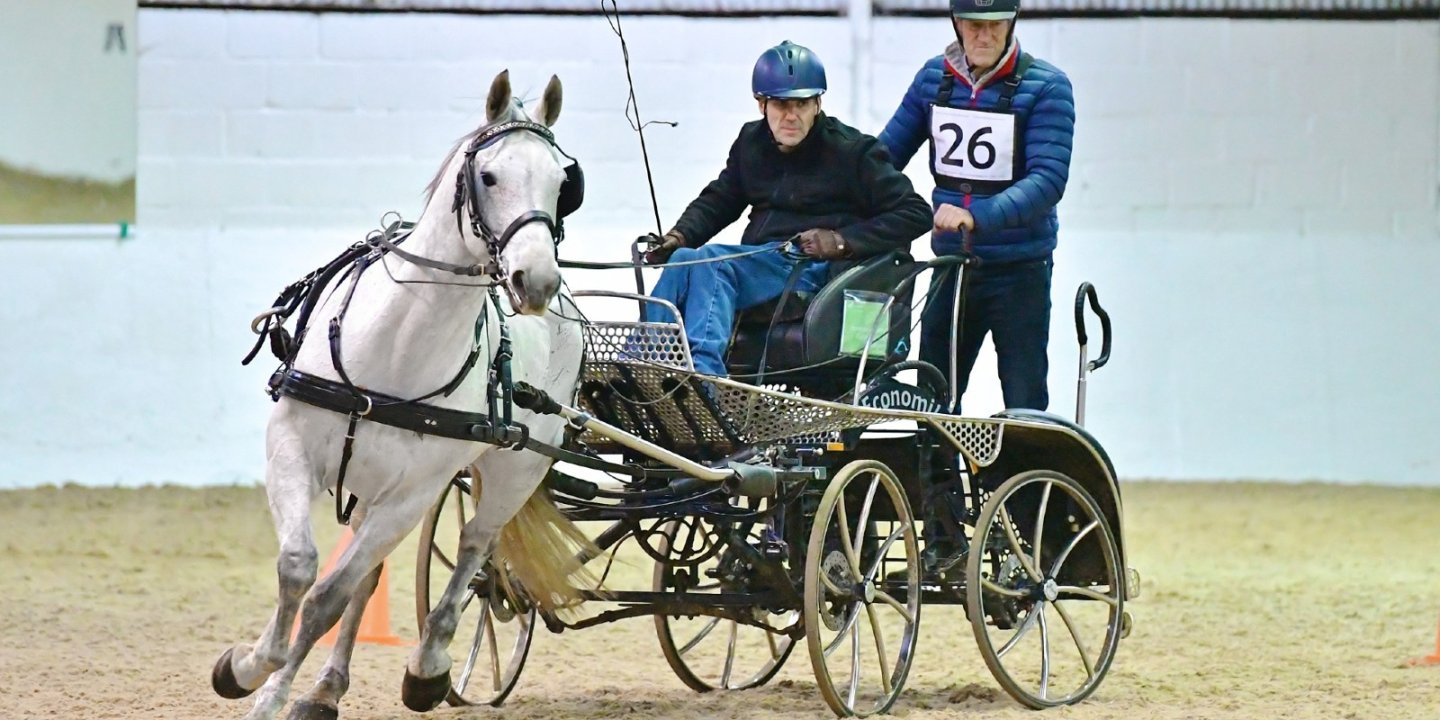
Joining the trial
Tim started on the ChariotMS trial in December 2021 after reading about it on a blog.
The trial is testing whether cladribine (Mavenclad) can slow upper limb disability worsening in people with advanced MS. The drug is already licensed as a disease modifying therapy (DMT) for highly active relapsing MS.
Tim says “I’ve been following the development of ChariotMS for many years. And it felt like my first chance to take part in a clinical trial.
I hope the trial will find a treatment that can extend the use I have in my upper limbs. Because if I lose that, I lose my independence. It would also mean I’d have to give up my ‘chariot’ driving hobby if my upper limbs deteriorate anymore.”
The first of its kind
More than 130,000 people live with MS in the UK. Until now, clinical trials for MS haven't included people who rely on a wheelchair. And drugs have only been licensed if they improve walking ability.
This means there are currently no DMTs available for the 35-40% of people with MS who need significant help walking.
Professor Klaus Schmierer, from Queen Mary University of London and Barts Health NHS Trust, is leading the trial. He says “Finding ways to maintain people’s upper limb function is essential to their quality of life. But until now the ability to walk has been key in official measurements of whether or not an MS treatment is effective.
This has excluded people who depend on a wheelchair from taking part in trials. And means they've not been able to access effective treatment that'll help maintain their hand and arm function."
Dr Clare Walton, our Head of Research, says "Preserving hand and arm function would improve the quality of life for people with MS. It'd be helping them to live more independent lives.
We hope Tim’s story will encourage others to ask their doctor about ChariotMS.”
Join the ChariotMS trial
There are 20 ChariotMS trial centres opening across the UK. People who think they might be eligible should get in touch with their doctor about a referral to their local centre.

